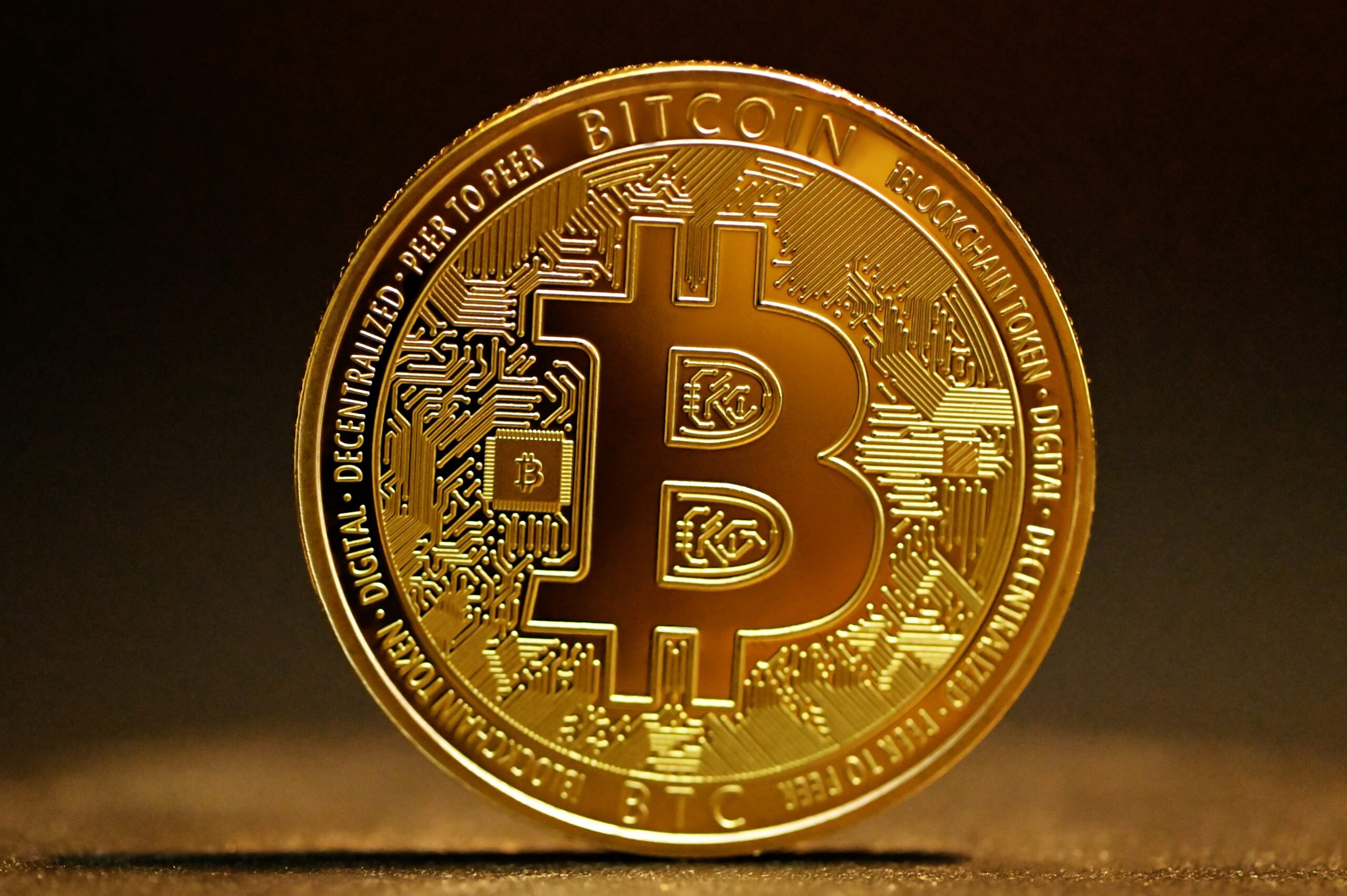El Salvador’s President Nayib Bukele is sticking to his guns: his country will continue to buy Bitcoin despite concerns from the International Monetary Fund (IMF). The bold move confirms El Salvador’s commitment to cryptocurrency, despite international pressure and potential economic risks. As other countries watch Salvador’s experiment with interest, this determination to stick with Bitcoin raises questions about the viability of this strategy and its impact on the country’s future.
Bukele: Unwavering Faith in Bitcoin in the Face of Criticism
Despite criticism and warnings from the IMF, Nayib Bukele remains convinced of Bitcoin’s potential to transform the Salvadoran economy. His government has already invested millions of dollars in buying Bitcoin, making El Salvador the first country in the world to adopt the cryptocurrency as legal tender. Bukele justifies his decision by claiming that Bitcoin can reduce remittance costs, attract foreign investment, and promote financial inclusion.
Bukele doesn’t seem to be budging. He has repeatedly defended Bitcoin, downplaying the risks. His convictions are strong and his communications are very positive. The population of El Salvador continues to support the president and the polls remain favorable to him.
IMF: Growing concerns and increased pressure
The IMF has long expressed concerns about El Salvador’s adoption of Bitcoin. The international financial institution fears that Bitcoin’s volatility could jeopardize the country’s financial stability and could facilitate money laundering and terrorist financing. The IMF has urged El Salvador to reconsider its Bitcoin policy and strengthen its regulations.
Although the details of the agreement with the IMF are unclear, the institution would exert significant pressure on Bukele, conditioning its financial aid on abandoning Bitcoin. This agreement with the IMF is necessary to help the country. Time will tell whether Bukele’s convictions will be stronger than El Salvador’s economic needs.








